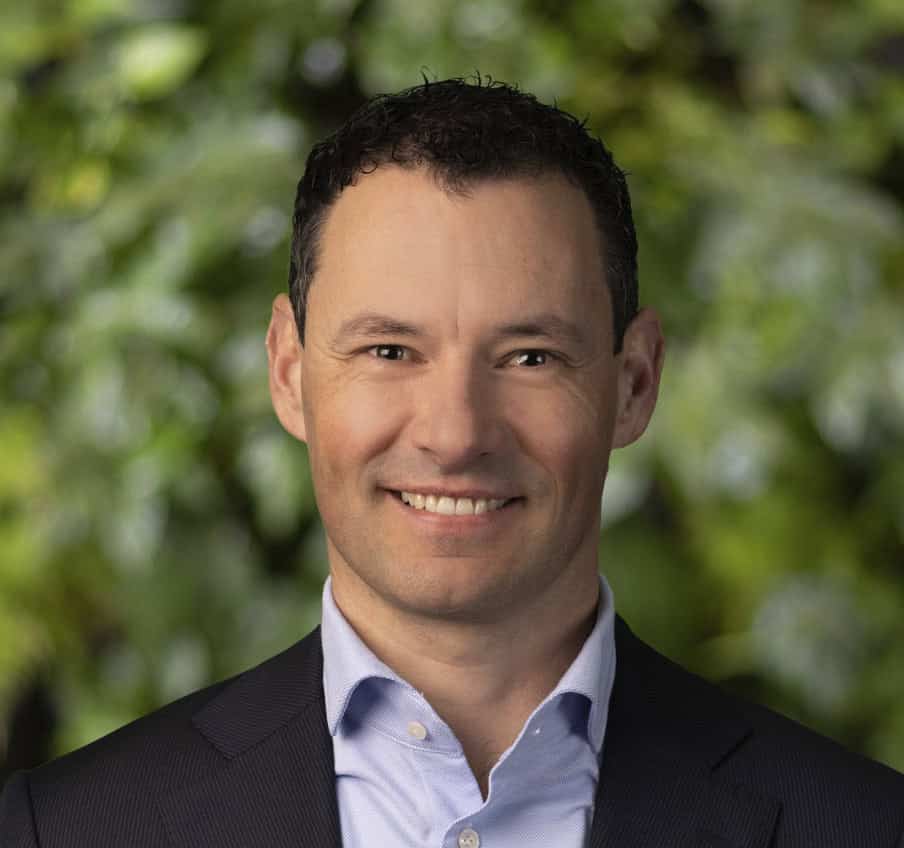Since January 2023, Boudewijn van Schaïk has been CFO of Amsterdam-based Avantium. Listed on Euronext, the chemicals company develops and commercializes technologies that produce materials from sustainable carbon feedstocks. Among its innovations: a process for converting plant-based sugars into furandicarboxylic acid (FDCA), a key building block of sustainable plastic. He was formerly corporate finance director at SBM Offshore and vice president, Oil & Gas Asia, at NIBC Bank.
Global Finance: What has been the most challenging aspect of your job, thus far?
Boudewijn van Schaïk: I don’t have a traditional CFO background. Transitioning from my previous roles in banking and at SBM Offshore in oil and gas to a CFO role with a broad portfolio was a significant step. It was a steep learning curve, with many new responsibilities and activities to manage. Renewable chemistry was entirely new to me. Adapting to this role and industry was challenging at first, but it was an exciting journey.

GF: Did you have any networks or mentoring systems to support you?
Van Schaïk: Yes and no. I’ve had valuable conversations with my former boss, the CFO at SBM Offshore. I was invited to participate in the CFO Forum, a program offered by INSEAD in collaboration with PwC and Egon Zehnder. It’s an exclusive program; I was fortunate to be invited last year. The forum brings together a group of CFOs from the Netherlands for a few days, engaging with professors and peers. It was a fantastic experience. Reflecting on it, I realize I don’t network as much as I should. Building and leveraging a network is incredibly important.
GF: What has occupied most of your time in the last 12 months?
Van Schaïk: There are two key areas; the most important is being in control. This broad concept covers processes, procedures, governance, and ensuring all standalone functions—whether finance, legal, or procurement—operate within a cohesive control framework. It’s about ensuring the company has robust checks and balances and that everyone follows established procedures.
This is critical for any organization, but especially for Avantium, which is transitioning from a research and development-focused company to one that will own and operate a large flagship chemical plant. This shift requires significant changes, with processes, controls, procedures, and governance evolving to meet the demands of a growing and maturing organization.
GF: And the second one?
Van Schaïk: Ensuring the company is sufficiently funded. As we scale up and undergo this major transition, one of my primary responsibilities, alongside the CEO, is to secure the necessary funding to support the company’s growth and operations. [In 2024, Avantium secured $114 million in financing.]
GF: How do you keep investors happy?
Van Schaïk: By delivering results. However, we’re limited in making forward-looking statements or providing extensive guidance. It’s a delicate balance between managing expectations and shaping perceptions of the future. Transparency and engagement are key.
For example, during the opening of our flagship plant in October, we hosted a dedicated day for retail investors. Over 200 attended, spending the afternoon in a large tent where we had coffee and engaged with them one-on-one or in small groups. Providing this personal attention and making them feel part of the journey, rather than just shareholders, is incredibly important.
GF: How do you manage transparency, given the need to protect intellectual property?
Van Schaïk: With the outside community, we communicate on a much higher level. We talk about the fundamental properties of the products that we’re developing. What makes it unique? But we don’t go into specific, IP-sensitive details around the chemistry.
For example, we don’t talk about the catalyst that we use or the process technology and how it exactly works in our plant. But we do tell them about the four stages, where we start with fructose syrup. We talk about the process—about our chemistry, about our technology—in a way that the average investor will understand, but nowhere near in enough detail that in any way it becomes interesting for a competitor or for anybody who’s looking for inside information from an IP perspective.



